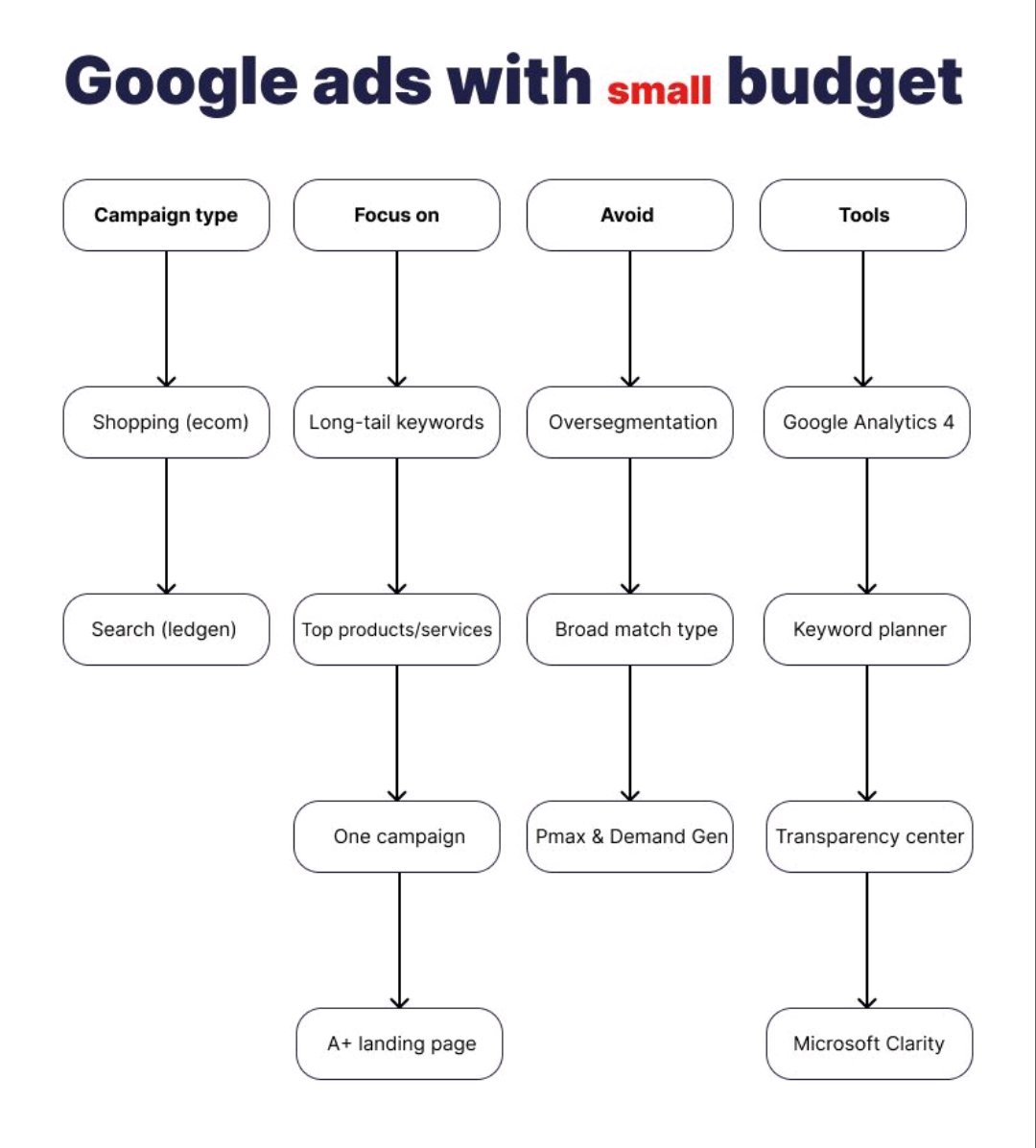Back
Rohith R
I help businesses to... • 12m
How to find a perfect long - Tail Keyword for your business Well, In my previous post, I discussed how important is finding and optimizing the site for long tail keyword. By not wasting your time, I will tell you some simple ways to identify the perfect long tail keywords that is relevant to the page. 1 - Log into Google Search Console and navigate to your website property. Check the performance report to spot queries that bring impressions but no clicks. Look for search terms with 4-5 words or more, these are your long-tail keyword opportunities. 2 - Use Keyword Research Tools Google Keyword Planner: Enter your seed keyword (Seed keyword is the primary keyword - e.g., in "Washing machine in Chennai," "Washing machine" is the seed keyword). Filter results by search volume and competition. Focus on keywords with lower competition but strong relevance. AnswerThePublic: This tool helps you find real user questions related to your topic. Just enter your keyword, and you'll get a list of commonly asked queries. This tool is the goldmine to find long-tail keywords 3 - Analyze Competitor Keywords With tools like Ahrefs or SEMrush, check which long-tail keywords your competitors rank for but you don’t. This gives you insights into what works in your niche and where you can fill gaps. 4 - Explore Google Autocomplete and "People Also Ask" (Highly recommended) Start typing your main keyword into Google, and note the autocomplete suggestions—these are real search queries people use. The "People Also Ask" section provides additional questions users are searching for. Answering these can boost your content’s visibility. A few hacks for optimizing long-tail keywords: Keyword Golden Ratio (KGR): A simple formula to find easy-to-rank long-tail keywords. Check the number of allintitle (Google search operator) results in Google (pages with the exact keyword in the title) and divide it by the monthly search volume. If the KGR is below 0.25, it's a great keyword to target. Content Clustering: Instead of targeting individual keywords, group similar long-tail terms into clusters and create detailed content around them. This improves topical authority (I’ll break this down in an upcoming post) and strengthens SEO. Stay Updated: SEO trends keep changing, so refine your long-tail keyword strategy often. Use the latest tools and data to stay ahead of the game. Like and comment your thoughts :) , If you want me to cover any specific SEO or marketing topic, let me know.
Replies (10)
More like this
Recommendations from Medial
Rohith R
I help businesses to... • 1y
SEO Lane Series - Lane 5 Keywords Research - Step by Step Guide The one who followed my posts, Knows what's keywords and its importance, If not check my previous posts. Now in this post, Let's see how to perform research the right keyword that matc
See MoreJewelpik App
House of jewellery b... • 7m
How to Find the Best Keywords for Your Jewelry Website (Without Being an SEO Expert) Want more traffic to your jewelry website? You don’t need to be an SEO pro. Here’s a simple way to find keywords that bring in shoppers: 1. Start With Your Products
See MoreHimanshu Meena
IIM Raipur | Growth ... • 12m
How to win at Google Ads with a small budget Copy my 4-step process↓ Step 1: Choose the right campaign type Standard Shopping for eCommerce Search for lead generation Step 2: Calculate your budget Aim for 100 clicks per week Upload your keywor
See More
Jewelpik App
House of jewellery b... • 7m
How to Find the Best Keywords for Your Jewelry Website Without Being an SEO Expert You don’t need to be an SEO wizard to help your jewelry website rank higher in search engines. With a few smart tools and techniques, you can find keywords that attrac
See MoreOnly Buziness
Everything about Mar... • 7m
“Voice Search Optimization: How to Rank for AI-Powered, Conversational Queries” Voice Search Optimization is the process of tailoring your content and website to match how people speak—not just how they type. With smart assistants like Alexa, Siri,
See MoreDownload the medial app to read full posts, comements and news.












/entrackr/media/post_attachments/wp-content/uploads/2021/08/Accel-1.jpg)





















